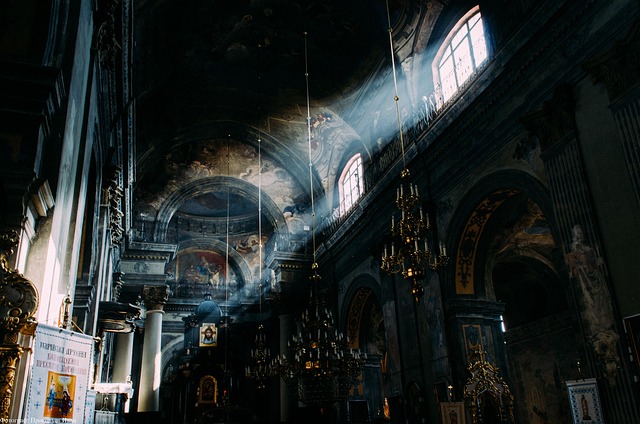The concept of holiness has long been a cornerstone in various religious traditions, serving as a beacon that guides the moral compass of individuals and communities alike. To delve into this sacred notion is to explore a realm where the divine meets the ethical; where spirituality intertwines with the principles of right and wrong.
Across different religions, holiness is often depicted as an intrinsic quality of the divine, encapsulating purity, separateness, and transcendence. In many faiths, the very essence of God or the ultimate truth is described as holy, creating a standard against which human behavior is measured. This standard invites believers to aspire towards the divine, to embody qualities that reflect this sacred ideal.
Understanding holiness also entails recognizing its significance in moral teachings and conduct. Take, for instance, the concept of living a holy life, which often means embracing virtues such as compassion, forgiveness, and love. In Christianity, followers are called to emulate the life of Jesus Christ, who epitomized holiness through his actions and interactions with others, particularly the marginalized and the downtrodden.
Similarly, in Islam, the notion of being ‘Muslim’ is intricately tied to living a holy life as prescribed by the Quran and Hadith. This involves adhering to ethical guidelines that foster justice, charity, and community welfare, reflecting a deep commitment to moral integrity and sanctity. In both cases, the pursuit of holiness imbues life with purpose and direction, providing a framework to navigate the complexities of our human experience.
Moreover, holiness encourages introspection and personal growth. Many religious practices—such as prayer, meditation, and communal worship—serve as means to cultivate an inner sanctum where individuals can reflect on their behaviors and values. Through this introspective journey, believers are often led to confront their shortcomings and strive for a greater alignment with the ideals of holiness.
Communities also play a critical role in the discourse of holiness. Religious gatherings and activities foster an environment where concepts of morality and righteousness are shared and reinforced. By engaging with others who hold similar beliefs, individuals can find strength and support as they work towards embodying these sacred principles in their everyday lives.
As we explore the multifaceted nature of holiness, it becomes increasingly apparent that it is not merely an abstract idea but a lived experience. Whether through acts of kindness, moments of self-reflection, or the bonding of a community united in faith, holiness resonates deeply within the moral fabric of society. It challenges us to elevate our actions and intentions, aligning them with a higher moral truth that transcends the ordinary.




